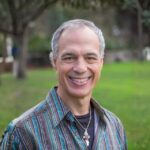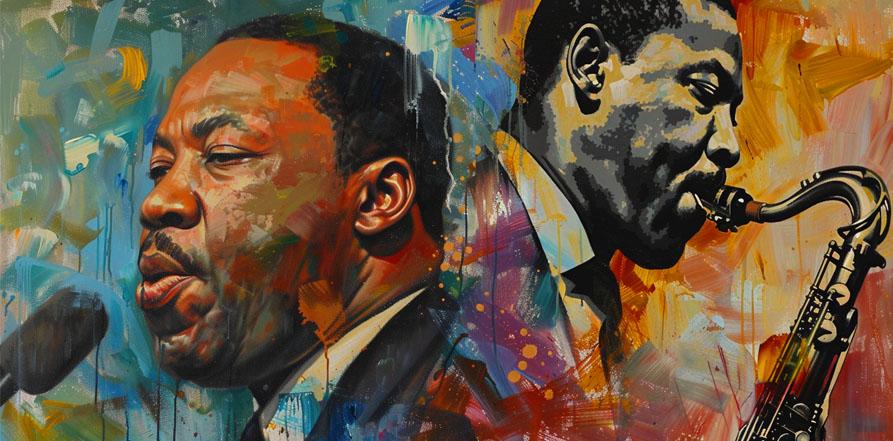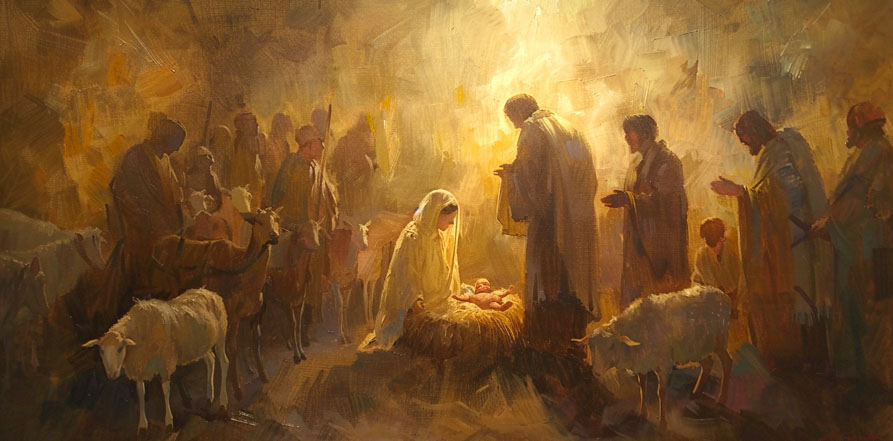I often recommend an inspirational essay to my patients entitled “In The Gray Zone,” written by Rachel Naomi Remen, M.D. A nationally recognized physician and educator, Dr. Remen is a pioneer in the field of mind/body medicine, and has cared for people with cancer for more than 30 years. What makes her work truly inspiring and unique is that she addresses the role of spirit in health and healing—in fact, she regards the practice of medicine as a spiritual path.
Dr. Remen writes beautifully of the wisdom and inspiration that she has gained from her patients. One of the passages from “In The Gray Zone” strikes me as especially profound: “A woman with metastatic cancer once told me that through the experience of her illness she had discovered a basic truth. There are only two kinds of people in this world—those who are alive and those who are afraid. She had smiled at me and said that many of the people she had met who were afraid were doctors.”
I have found this to be a fundamental truth in my work with patients, their families, and with the medical profession. Fear is a natural and understandable reaction to illness; none of us wants to be sick, and few of us are prepared to deal with the many unknowns that come with the diagnosis of a serious illness. As Dr. Remen notes: “Perhaps such fear is a natural outcome of the wish to be in control.”
As humans, we go to great efforts to delude ourselves that we are in control of our lives and our destiny. To this end, we do everything possible to exert control over our environment, ourselves, and other people. Most of us are uncomfortable living with uncertainty, and yet the truth is that by virtue of being alive, we inhabit the unknown—none of us can ever know with certainty what will happen from one moment to the next. If we relinquish the illusion of control, what then? Living in fear is not the answer. Left unexamined, fear tends to expand, reaching its constricting tentacles into more and more aspects of life, until we are left with little but fear.
I believe the answer is to make peace with the state of unknowing. When we learn how to be fully alive in this moment—accepting that we don’t know what the next moment may bring—we free ourselves to live a life that is richer and more fulfilling than any life lived by the strictures of control. What is most important is the willingness to embrace the unknown, what Christian mystics call the “cloud of unknowing.”
As a practicing secular Franciscan, I find great solace in my practice of daily prayer. But I do not pray with the intent of petitioning God. When we make requests of God, we are attempting to control outcome, which merely leads us back to fear when our problems are not solved in the way that they think they should be. We have no control over God, and we cannot know or understand God with words. The only way that we can know God is through love. We must relinquish the practice of petitioning God to answer our prayers. Instead, we must let go and trust. We must pray with pure love, because it is only with our hearts that we can penetrate the cloud of unknowing. We must cultivate a place of inner peace, quiet our minds, and allow pure love to connect us to God. We must forget everything, and in this forgetting, we discover that God is everywhere, and that we are everywhere as well. In our willingness to venture into the cloud of unknowing, we transcend fear and limitation. We become more comfortable with uncertainty, and thus are better able to fully inhabit the present moment.
The words of Dr. Remen echo my philosophy: “Perhaps the most basic skill of the physician is the ability to have comfort with uncertainty, to recognize with humility the uncertainty inherent in all situations, to be open to the ever-present possibility of the surprising, the mysterious, and even the holy, and to meet people there.” Simply put, I believe that all of us can find peace and true healing if we can accept the cloud of unknowing.









